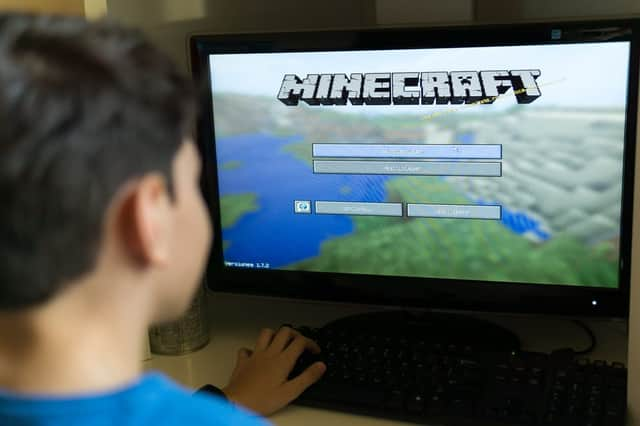Three Russian teenagers face prison on terror charges related to playing video game Minecraft - here’s what happened
This article contains affiliate links. We may earn a small commission on items purchased through this article, but that does not affect our editorial judgement.


Three school boys are facing up to 10 years in prison on terrorism charges after allegedly plotting to blow up a virtual building in Minecraft, according to The Times.
The three boys, all of whom are 14 and live in Siberia, were arrested back in June after authorities searched their smartphones. Authorities say the boys were playing the popular open world building game, Minecraft, online and built a Federal Security Service (FSB) building, which they plotted to blow up in the game.
Advertisement
Hide AdAdvertisement
Hide Ad“We were playing Minecraft and Nikita built an FSB [office]. For a laugh, I blurted out, ‘Let’s blow it up’,” one of the teenagers reportedly told a friend.
The three were detained after putting up stickers in their hometown, Kansk, expressing support for a student who was involved in a group act of vandalism which resulted in a broken window of a building belonging to the political party United Russia.
‘Anarchists’
While detained, police confiscated the trio’s phones and uncovered the virtual plot, although the boys have since been accused of further terrorist activities.
Bogdan Andreev, Denis MIkhailenko and Nikita Uvarov were described as “anarchists” by local authorities, who claim that the trio had been training to commit acts of terrorism in abandoned buildings.
Advertisement
Hide AdAdvertisement
Hide AdIt is also claimed that the boys read banned anarchist literature and watched videos about making explosives.
Organising a terrorist group
While two of the teenagers pleaded guilty and were put under house arrest, they later said that their confessions were made under duress while they were held in custody. The third boy denied the charges and has been held in pre-trial detention for six months, without contact with his family.
They now face potentially heavier punishment under new charges of organising a terrorist group.
The FSB claims to have prevented 50 planned terror attacks by teenagers on schools and colleges, although critics of the Russian regime argue that the claims are exaggerated.